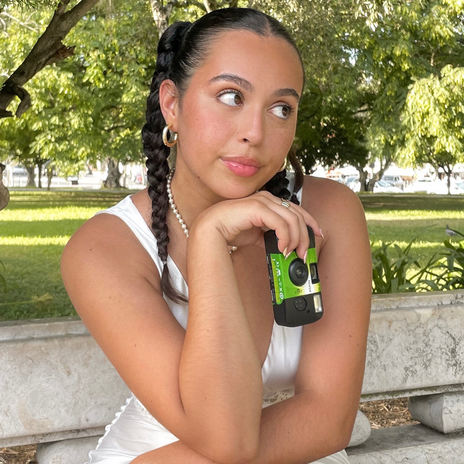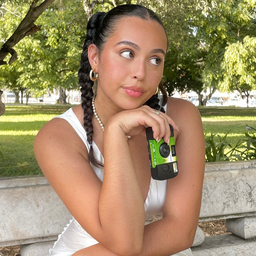Growing up in a predominantly white state, I have personally encountered some awkward or emotional situations due to me being bi-racial. One thing I have always noticed to be a topic in society and work environments is the fascination of an African-American hair. Many are captivated by the different textures of hair one may obtain. Whether our hair is kinky, coily or curly, we are stared upon as an artificial object that is so exotic or rare.
While we take pride in our hair, we also continuously ask to not even consider requesting the verbal question of touching our hair. It is straightforwardly annoying, rude and perplexing. I had recently had a situation where my coworker just involuntarily decided to play with my hair without asking me. The professional thing that I did was report them, but I had encountered mixed feelings of rage and discomfort. The employee then apologized and claimed that they were unaware of how ill-timed of touching my hair escalated. I was baffled, because a part of me was touched without my permission. Not to say it was sexual harassment, but the physical interaction of it without my verbal permission We should not be looked at as “angry” or “crazy” because of how someone may still impermissibly touch our hair. This is unsanitary, harassment and disrespectful. Studies have shown how hands can have bacteria that can live up to three hours. If this isn’t knowledgeable, let’s consider an estimate of two to 10 million of bacteria on your fingertips. With me working in food and nutrition, I’m sure someone could imagine how quickly bacteria can spread. Needless to say, hair in the black community has been controversial in the work field. As rules may prohibit an employee to wear dreads or have colorful hair as it is assumed to be “unprofessional”. I am still perplexed on how the concept of styling one’s hair raises concern if it is maintained to be clean and healthy. We wear braids with extensions or wigs as a protective style to help keep our hair grow or maintain it’s texture. Afros have some historical significance. In the 1960-60s, afros played a huge part in the black community. Afros symbolized the expression that black people were fed up with the European expectations and no longer wanted to straighten their natural hair. There’s so much beauty, versatility, and meaning behind our hair and the styles we create.



